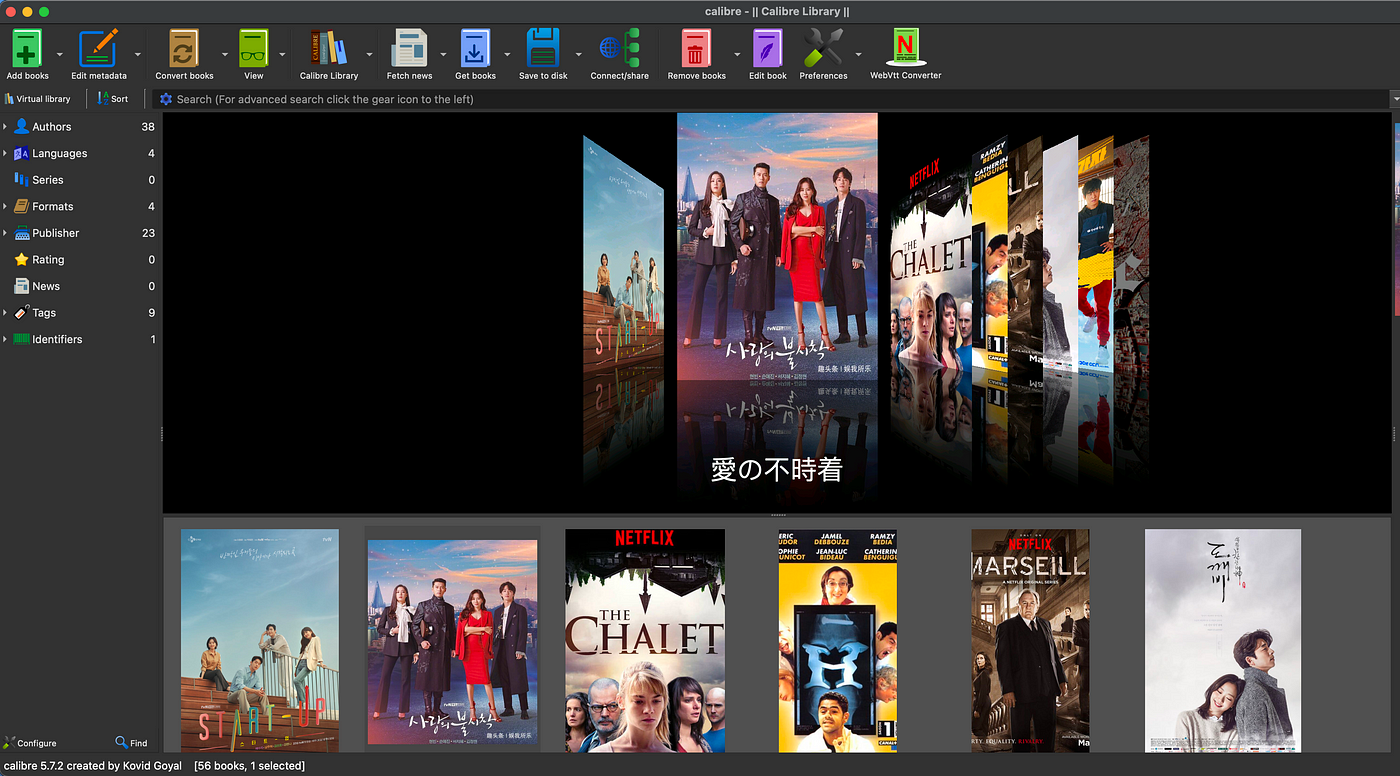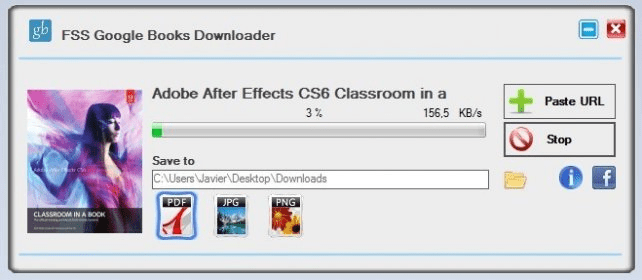

Using the same approach, userscripts can also solve the problem of interlinking web resources, by adding to web pages of one resource dynamically generated hyperlinks into another. For example, a userscript may add book prices from competitors to the website, or may remove unwanted advertisements from a site. Userscripts are small programs that can alter the HTML content rendered by web browsers. For individual web pages these links can be created manually, as is still done in blogs, wikis, and static HTML pages for large databases this is, however, not feasible. The original goal of the world wide web was to hyperlink individual web pages allowing humans to explore a web of knowledge. While each of those resources is valuable in itself, integrating information from these resources increases the value even more: for example, PubChem provides a wealth of data but could be complemented with 3D models to create an even richer information source. The web has seen an explosion of chemistry and biology related resources in the last 15 years: thousands of scientific journals, databases, wikis, blogs, and regular HTML pages are available containing information relevant to chemists and biologists. This flexibility allows the scientists to tune the features of web resources to optimise their productivity. Due to the nature of userscripts, scientists are able to select those scripts they find useful on a daily basis, as the scripts run directly in their own web browser rather than on the web server. Examples are shown that enrich web pages with information from other resources, and show how information from web pages can be used to link to, search, and process information in other resources. This paper discusses a number of userscripts that aggregate information from two or more web resources. The userscripts presented here use a variety of techniques and resources, and show the potential of such scripts. Information from third-party resources are extracted using open Application Programming Interfaces, while common Universal Resource Locator schemes are used to make deep links to related information in that external resource. The scripts make use of Greasemonkey-like plugins for web browsers and are written in JavaScript. Several userscripts are presented that enrich biology and chemistry related web resources by incorporating or linking to other computational or data sources on the web.

This opens possibilities to aggregate information and computational results from different web resources into the web page of one of those resources. A recent development is the use of userscripts to change the appearance of web pages, by on-the-fly modification of the web content.

Instead, search engines to find information in those resources flourish, and formal languages like Resource Description Framework and Web Ontology Language are increasingly used to allow linking of resources. However, the sheer number of resources makes it unrealistic to link them all in a centralised manner. There is a huge need to aggregate and organise this information.

The web has seen an explosion of chemistry and biology related resources in the last 15 years: thousands of scientific journals, databases, wikis, blogs and resources are available with a wide variety of types of information.


 0 kommentar(er)
0 kommentar(er)
